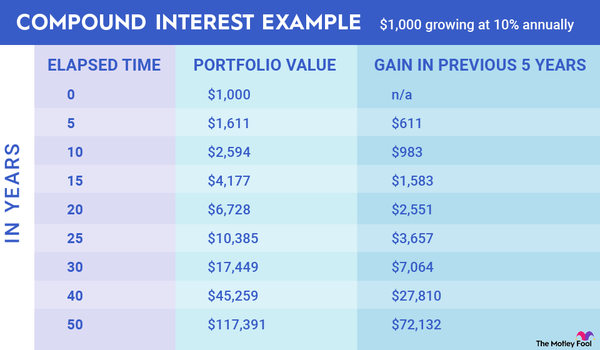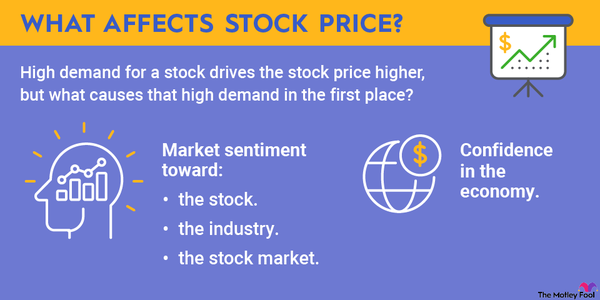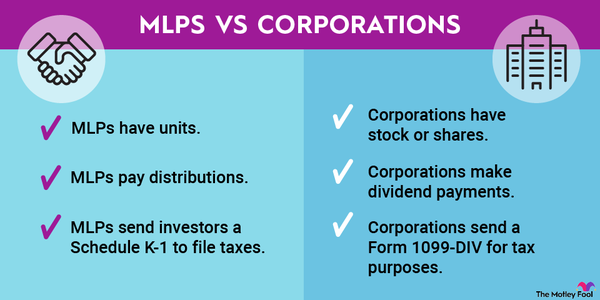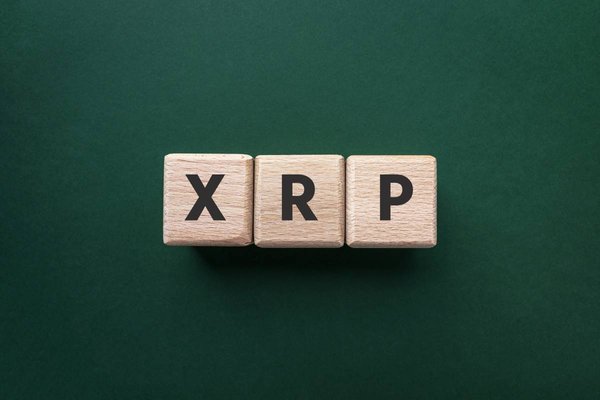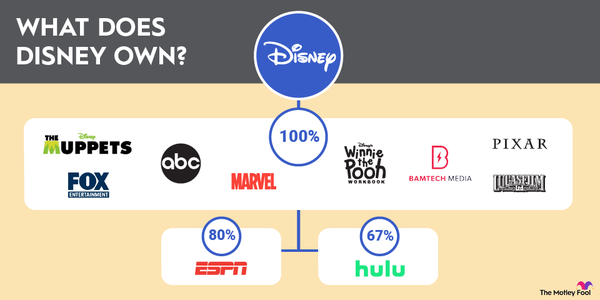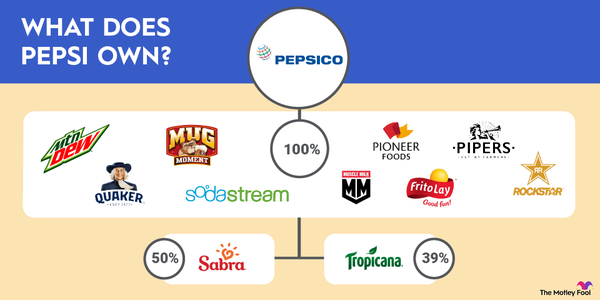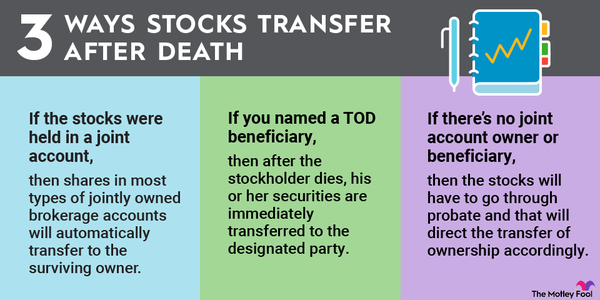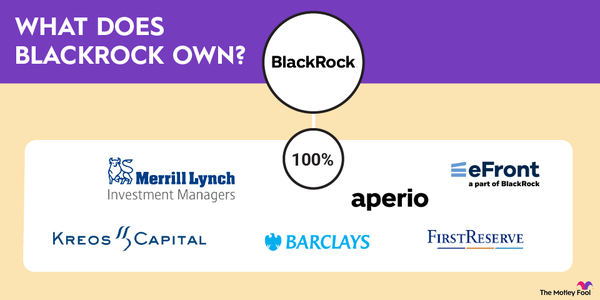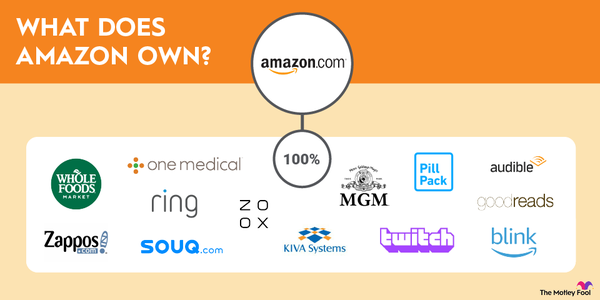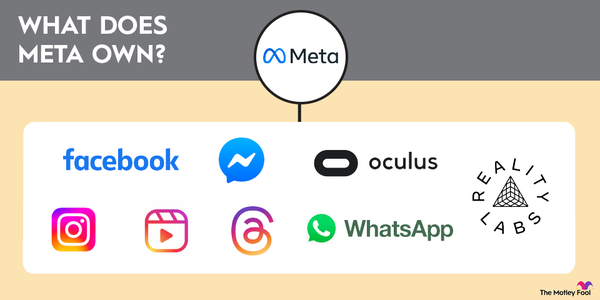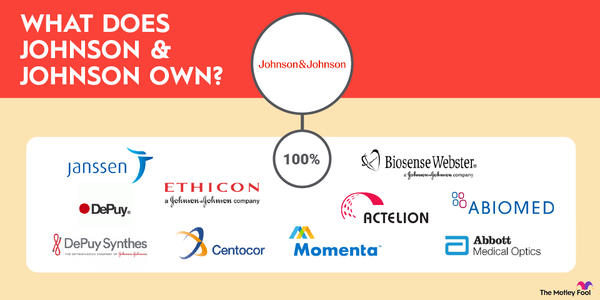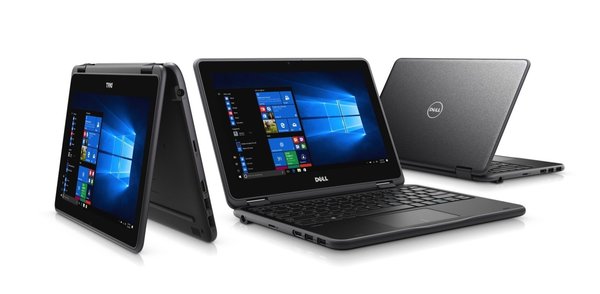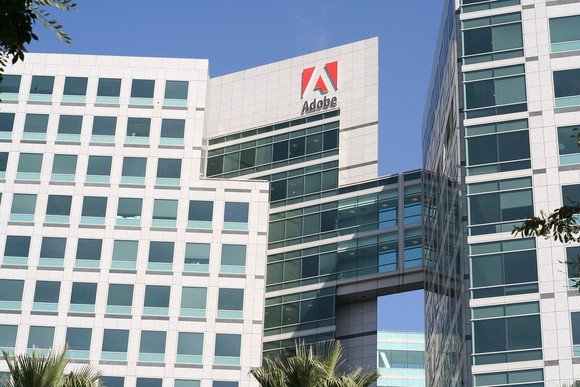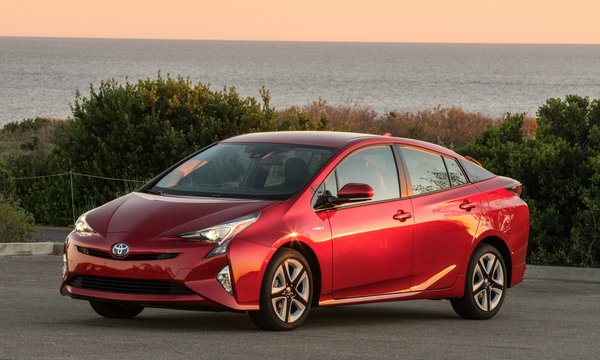International Business Machines (IBM -1.31%) is a vastly different business from the one founded a century ago, which is something investors need to know before investing in IBM stock. In the beginning, the company focused on punch cards used to manually process data, including tabulating census records.
Over the years, it gradually diversified into a plethora of seemingly unrelated business ventures, including the well-known Weather Channel. This is now changing.
Today, IBM is narrowing its focus to hybrid cloud computing, artificial intelligence (AI), and quantum computing. Now that it's focused on these more exciting industries, investors naturally want to know how to benefit from these trends by investing in IBM stock. Keep reading to find out more.
How to buy
How to buy IBM stock
- Open your brokerage app: Log in to your brokerage account where you handle your investments.
- Search for the stock: Enter the ticker or company name into the search bar to bring up the stock's trading page.
- Decide how many shares to buy: Consider your investment goals and how much of your portfolio you want to allocate to this stock.
- Select order type: Choose between a market order to buy at the current price or a limit order to specify the maximum price you're willing to pay.
- Submit your order: Confirm the details and submit your buy order.
- Review your purchase: Check your portfolio to ensure your order was filled as expected and adjust your investment strategy accordingly.
Should I invest?
Should I invest in IBM?
Selecting individual stocks for one's own portfolio is a personal process, so it's impossible to answer this question definitively. IBM stock has underperformed the S&P 500 over the last decade, even when accounting for the boost provided by dividends. However, IBM has completely reimagined its business in recent years, roughly doubling the performance of the S&P 500 over the last three years, as of June 2025.
IBM is now focused on hybrid cloud computing -- including quantum computing -- and AI. To demonstrate its commitment to these areas, management has divested parts of the business that don't align with its new vision.
In 2021, IBM spun off infrastructure business Kyndryl (KD 0.94%) into its own company, divesting a large but low-margin part of its business. Then, in 2022, the company sold its healthcare software assets for about $1 billion. And in 2023, it even sold The Weather Company, which owns The Weather Channel.
By trimming down, IBM is leaning into the cloud and AI trends, which appear to have strong tailwinds. According to a 2024 study by International Data Corporation (IDC), spending on public cloud services is expected to reach $1.6 trillion by 2028, growing at an almost 19% compound annual growth rate (CAGR). Based on a separate study, IDC expects an even better CAGR of 29% for AI spending as it marches toward becoming a $600 billion market by 2028.
Management believes large enterprises will not adopt a single public cloud provider or use a single AI model. Rather, it firmly believes the future involves a hybrid approach to both. Given that outlook, IBM's software, consulting, and infrastructure businesses are all geared toward helping enterprises adopt whichever cloud and AI solutions they want.
IBM also has ongoing work in microchip design, seeking to build semiconductor solutions that are faster and more energy-efficient -- crucial for the AI trend.
IBM's journey to achieve its vision hasn't been as simple as divesting non-core assets. The company has also been on an acquisition spree in recent years. In 2023 and 2024, IBM acquired 20 companies for a total price of almost $9 billion. In the first quarter of 2025, it acquired three more companies for an additional $8 billion.
IBM is chasing some important secular trends, which could ultimately be rewarding for shareholders. That said, completely reimagining the business through a series of acquisitions and divestitures can be a complicated strategy to pull off.
Profitability
Is IBM profitable?
IBM is a profitable business, continually reporting net income on a trailing-12-month basis for over 30 years. Still, IBM's financials deserve a fresh look, considering all of the changes it's undergone in recent years.
IBM's software business has grown faster in comparison to its consulting and infrastructure businesses, accounting for roughly two-thirds of the profits in the first quarter of 2025. In other words, there's good reason to believe the company's overall profits can grow because its best growth supplies most of the profits.
As IBM's software business continues to take off, the company's cash flows are improving. However, investors do need to be aware that some of these cash flows are being poured right back into the business for research and development and acquisitions.
IBM is adapting its business to better address the global growth trends in cloud and AI. However, these spaces are highly competitive and subject to rapid changes as technology advances at breakneck speeds. It's imperative to spend money to stay ahead of the curve, a common need for tech stocks.
In summary, IBM is a profitable business, and its future cash-flow potential is promising. Investors must be aware that the company could find itself spending more money than anticipated to stay relevant in a rapidly advancing world.
Dividends
Does IBM pay a dividend?
IBM stock has a long history of paying dividends. It's paid a dividend every quarter for more than a century. Adjusting for stock splits, the dividend was increased for the 30th consecutive year in 2025, landing IBM in elite company.
As of this writing, IBM is projected to pay dividends of $6.72 per share annually ($1.68 per share quarterly), which amounts to a 2.4% dividend yield based on the stock's current trading price.
ETF options
ETFs with exposure to IBM
There's a good chance many investors are more interested in investing in the AI trend than in IBM stock itself. It's also quite possible that investors want to buy IBM stock only for its reliable dividend. For those investors, buying an exchange-traded fund (ETF) with an AI theme may be a better bet.
For example, there's the First Trust Nasdaq Technology Dividend Index Fund (TDIV 1.48%) for investors interested in IBM's reliable dividend. At roughly 8% of the ETF's value as of June 2025, IBM stock is the portfolio's fourth-largest holding. The dividend yield for this ETF is low, considering it's less than 2%. But the ETF provides investors with diversification, which could be a favorable consideration.
For investors more interested in the AI trend than a dividend, there's the Global X Artificial Intelligence & Technology ETF (AIQ 0.67%). Previous strong performance doesn't guarantee good returns in the future, but this ETF has averaged a strong 14% annualized return since inception. And IBM stock is one of the portfolio's larger holdings, with a 3% position as of mid-2025.
Stock splits
Will IBM stock split?
IBM isn't on the list of upcoming stock splits, meaning its management team hasn't announced anything in this regard. As is often the case, investors must use a little deductive reasoning to determine whether IBM will potentially split its stock.
IBM stock has split many times in the past, but not since May 1999. Adjusting for this split, IBM stock was trading at around $220 per share at the time. The 2-for-1 split dropped it closer to $110 per share.
It's hard to draw concrete conclusions from information that's more than 25 years old. However, considering it trades at an all-time high of more than $280 per share (as of this writing), IBM stock might be getting close to the point where the management team would start considering a stock split.
Related investing topics
The bottom line on IBM
IBM has been in business for more than a century, but it's not the same company it was even five years ago. Management removed parts of the business and acquired other companies, building its vision of enabling hybrid cloud-computing solutions and a hybrid approach to AI.
IBM has a strong history of profitability and rewarding shareholders. But it will need to work hard and spend heavily to ensure it remains competitive.
FAQ
Investing in IBM FAQ
Is IBM publicly traded?
IBM is a publicly traded company and has been since 1915 when it went public under its then-name Computing-Tabulating-Recording Co.
Should I hold or sell IBM?
There are several good reasons to sell a stock, including when investors believe better investment opportunities are available. So, deciding between holding and selling IBM stock is a personal decision based on one's own research.
Shareholders who continue to hold IBM stock should periodically review how the company is executing against management's stated vision and consider whether they believe management's vision for the future is truly where things are going.
What exchange is IBM listed on?
IBM stock is listed on the New York Stock Exchange.












